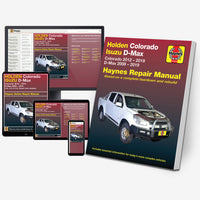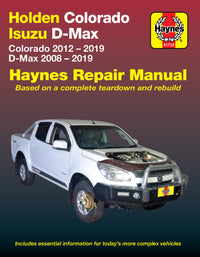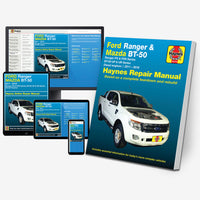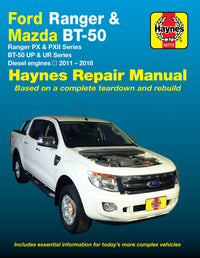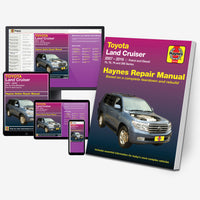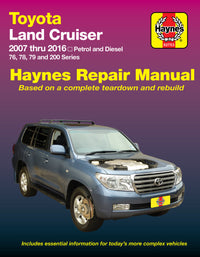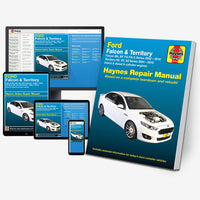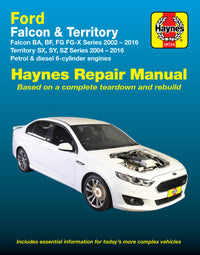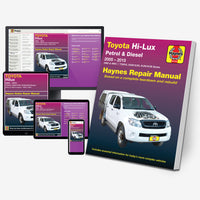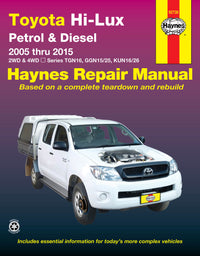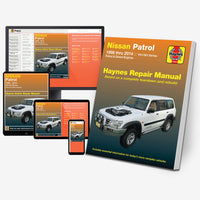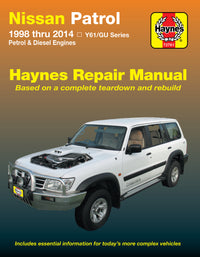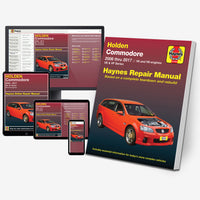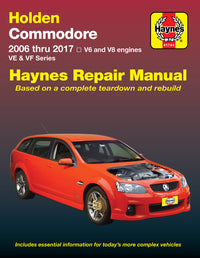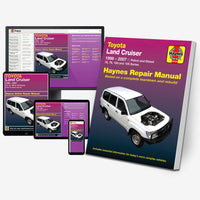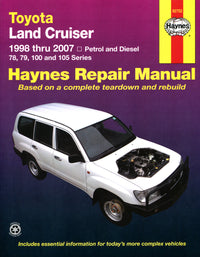
Martynn Randall is technical editor at Haynes and has been with us for approaching 30 years. He's written more than 60 Haynes publications and has owned more than 85 cars and 60 motorbikes... so far!
Sales of new diesel cars in Australia may not be suffering as badly as those in many parts of Europe (the latest annual sales figures show that just 6.3% of new cars sold in the UK were powered by diesel), but they're definitely on a downward trend, along with petrol.
Battery-electric vehicles sales have plateaued after an initial surge, but hybrid cars continue to fill the gap creating by diminishing ICE car sales.

Does diesel have a future in Australia?
So, should we shun diesel? I’d suggest not, because there are still lots of situations in which diesel would be preferable.
For example, if you’re a high-mileage driver who travels from one end of a state to the other on a regular basis, diesel would be better for you. A diesel car has greater mid-range torque than a petrol, which makes it more relaxing to drive when you’re just cruising along, on top of which it is far more economical than a petrol. And a pure diesel car isn’t hauling around heavy hybrid kit that doesn’t contribute much to proceedings on motorways, so is usually better on motorways than hybrids.
Yes, diesel fuel tends to be more expensive than petrol, but if you do enough kilometers you’ll soon make up the difference in your lower fuel bills, simply because you won’t be filling up nearly as often.
That strong low- and mid-range torque generated by a diesel also makes it ideal if you have a trailer to tow, because as long as you keep within the ideal 85% car/trailer weight ratio, a diesel will shrug off the extra heft when it’s hitched up.

Look after your diesel car with Haynes’ help
As with everything, diesel is not perfect. This is because a diesel car used for the wrong type of journey will eventually cop a strop; diesels used for only short urban journeys are prone to clogging up their particulate filters, while a badly maintained diesel will end up with water in the fuel filter. That’s why it pays to keep on top of maintenance, just as you would with any vehicle.
And the good news is that every Haynes manual and Autofix product gives you recommended service intervals for your vehicle. If you’re using Autofix, just type in your car’s registration number and we’ll do the rest. Or you can invest in a Haynes manual, which will give you an indication of when to do various tasks, and will also give you an in-depth explanation of how to carry them out.

